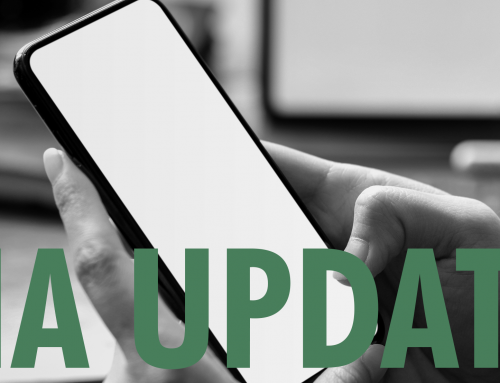Although many schools believed the Department of Justice would adopt new rules for website accessibility and give districts additional time to comply, the Department of Education’s OCR has recently investigated dozens complaints that district websites do not comply with WCAG 2.0. Many of these investigations resulted in resolution agreements in which the districts promised to develop accessibility plans, bring their sites into compliance with WCAG 2.0, and train district staff on accessibility guidelines—all at great expense to the districts.
What can your district do to avoid an OCR complaint or discrimination lawsuit? In short, be proactive. The district should assess current accessibility levels, and consider areas for improvement. IT personnel should become familiar with WCAG 2.0, and should make district web-based programs accessible to individuals with disabilities. For example, district sites can increase accessibility to online content by increasing the contrast between foreground and background material, giving users ample time to read scrolling text, and by increasing website navigability. If the district receives a complaint from OCR, it should work with technology experts and legal counsel to take action and promptly respond.
For more information, visit https://www.w3.org/TR/WCAG20/ (WCAG 2.0 guidelines) and http://www.ed.gov/ocr-search-resolutions-letters-and-agreements?keywords=website+accessibility&title=&keywords_state=TX (recent website accessibility Resolution Agreements in Texas)
The information above is general information and should not be used as specific legal advice. In the event that specific legal advice is required, please call Abernathy, Roeder, Boyd & Hullett, P.C. at (214)-544-4000 or contact one of the following attorneys via email:
Mari: mmcgowan@abernathy-law.com Chad: ctimmons@abernathy-law.com
Lauren: lwood@abernathy-law.com Becca: rbradley@abernathy-law.com
Lucas: lhenry@abernathy-law.com
1700 Redbud Blvd. / Suite 300 / McKinney, Texas 75069
P: 214.544.4000 F: 214.544.4044
Copyright 2016 Abernathy, Roeder, Boyd & Hullett P.C. | All Rights Reserved





